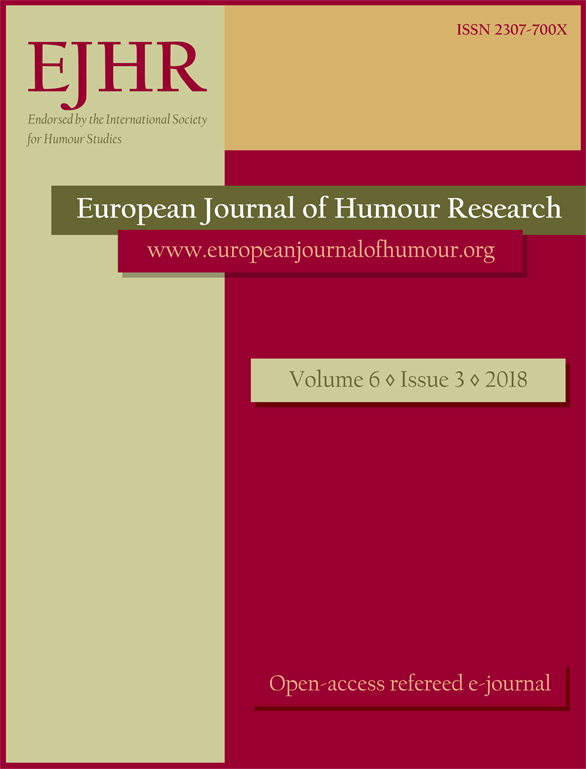The relation between teaching the Arabic language using humour and reading comprehension at Elementary School in the Arab Sector in Israel
The relation between teaching the Arabic language using humour and reading comprehension at Elementary School in the Arab Sector in Israel
Author(s): Arie Sover, Giohgah Nur El DinSubject(s): Anthropology, Social Sciences, Language and Literature Studies, Education, Foreign languages learning, Theoretical Linguistics, Applied Linguistics, Communication studies, Pragmatics, Descriptive linguistics, Cultural Anthropology / Ethnology, Culture and social structure , School education
Published by: Krakowskie Towarzystwo Popularyzowania Wiedzy o Komunikacji Językowej Tertium
Keywords: language education; humour in education; Arabic language; education;teaching;
Summary/Abstract: This research examines the extent to which the integration of humorous literary texts in teaching the Arabic language affects achievement in reading comprehension among Grade 4pupils in the Arab sector in Israel. This research is the first one in the field. Research on the integration of humour in the study of Arabic language as first language does not exist so far.There are very few studies dealing with the integration of humour in the learning process of Arabic as a second language (only three were found). Hence, there are no studies dealing with the integration of humour in the educational field in the Israeli Arab sector. The research took place in one school in the Bedouin sector in the South of Israel. It was based on one experimental class and one control class The study examined the level of the pupils’ knowledge in all components of comprehension: explicit and implicit content, interpretation and integration, evaluating texts and drawing conclusions. The experimental classes studied six humorous stories whereas the control classes studied six stories without humour. The results of the experiment show that the achievements of pupils who learned comprehension using humorous stories was much higher than those in the control classes. In addition, a more positive learning environment was reported in the experimental classes.
Journal: The European Journal of Humour Research
- Issue Year: 6/2018
- Issue No: 3
- Page Range: 94-108
- Page Count: 15
- Language: English

